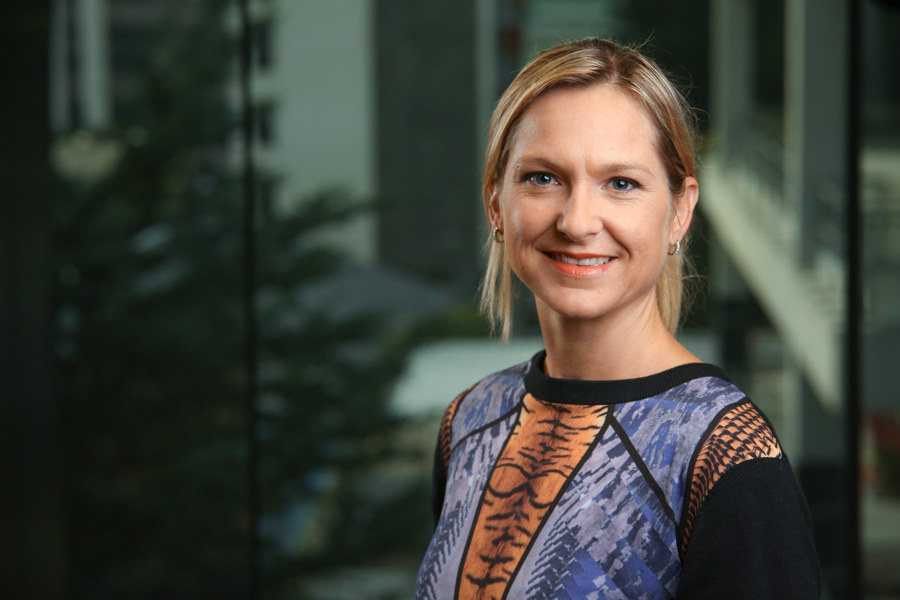What does World AIDS Day mean for police?
On 1st of December, 2014, people around the globe will come together for World AIDS Day, but what does this annual global event mean for police? Why should police even care about this public health campaign?
A staggering 39,000,000 people from all over the world have died from HIV/AIDS in the last few decades and still some 35,000,000 people are living with the virus. Some police are armed with the knowledge that people who inject drugs (PWIDs), sex workers and men who have sex with men (MSM) are disproportionately affected by HIV with high prevalence rates. What many police are reluctant to confess is that they don’t understand the link between policing and HIV risk.
The criminalisation of injecting (illicit) drug use, sex work and sex between men pits police against communities who are in need of protection, rather than discrimination, arrest or incarceration. For too long some police have used the criminal law as an excuse to disrupt evidence-based, public health interventions. By seizing needles and syringes and condoms (often provided free by the health sector) to use as evidence of wrongdoing, the lives of the very people police are sworn to protect are placed at risk. Police have a mandate to prevent harm to the community, which includes saving lives and preventing injury and harm among the whole community.
This World AIDS Day provides an opportunity for police to reflect on why they became police officers and how well they are living up to their sworn duty. Many police join because they believe in justice, fairness, safeguarding and serving the community, as well as helping people in crisis. Supporting harm reduction allows police to live up to those values on a daily basis. The nature of police work exposes police to harsh realities, often resulting in them becoming cynical and hardened. Harm reduction interventions provide an avenue for police to have positive and principled interactions with the public; in doing so, officers can go home at the end of every shift and feel satisfied they have done their duty and contributed to the collective public safety. The community are likely to be more respectful when seeing police treat fellow citizens fairly, justly and with respect, improving the image of police overall.
Supporting harm reduction also aligns with policing aspirations for professionalization. Increasing police accountability does not mean strict law enforcement but the ability for police to explain to the community why harm reduction approaches warrant police attention. Establishing resilient partnerships with civil society organisations (CSOs) and key affected populations (KAPs) ensures that open dialogue can be sustained through the ups and downs inevitable in the response to complex social issues such as drug use and sex work. World AIDS Day presents a significant opportunity for police to extend their professional role as leaders in reducing harm in our society.
The Law Enforcement and HIV Network (LEAHN) is helping to make this co-operation possible by connecting police with communities at risk of HIV infection. LEAHN is made up of police who are supportive of and interested in providing the best possible service to the community and particularly to KAPs.
- Serving or retired police act as Country Focal Points in over 15 countries and are dedicated to educating their peers and the community about the importance of harm reduction in executing whole of community public safety approaches.
- Over 10,000 police worldwide have signed a Statement supporting harm reduction policing and the number continues to grow.
- In October 2014, a Consultation on Police and HIV was held in Amsterdam serving as proof of the growing movement of police in an effective HIV response. The meeting set a precedent for future engagement among police, civil society and KAPs in the fight against HIV.
- The October Consultation led to the ‘Amsterdam Declaration on Police Partnerships for Harm Reduction’, signed by people from all sectors recognising the importance of the need to establish, develop and sustain partnerships between police and other law enforcement agencies and people living with, and affected by, HIV, and those providing care, treatment and support for them.
Police who are reluctant to investigate their role in HIV prevention risk being left behind. All the more reason why World AIDS Day, on December 1st, is an opportunity for everyone to put police-health partnerships on their radar.
Melissa Jardine, Editor of the LEAHN Newsletter, is a former police officer from Australia and works for the Centre for Law Enforcement and Public Health (CLEPH) and the Law Enforcement and HIV Network (LEAHN)



